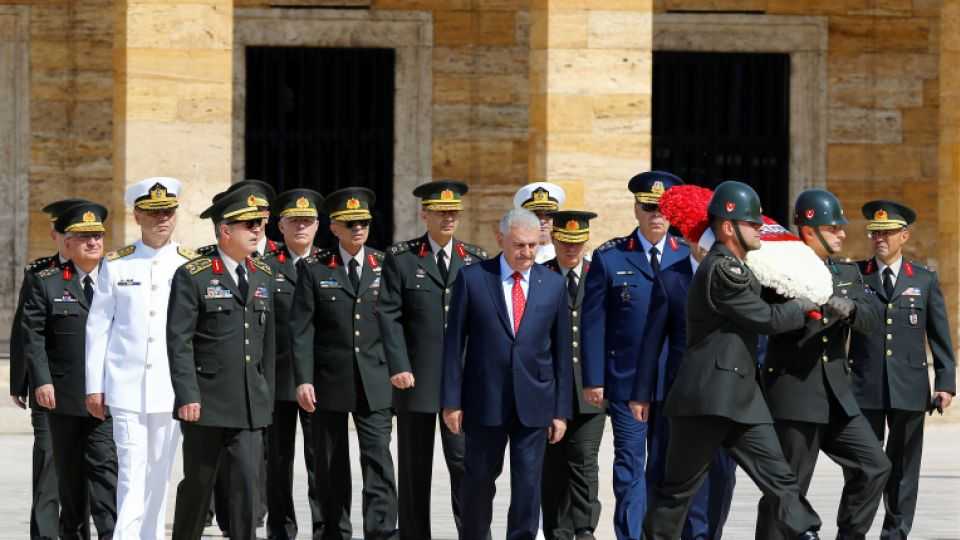
Two senior Turkish four-star generals announced their resignation on Thursday right before the country’s Supreme Military Council convened in Ankara under the Turkish premier.
The resignations follow one of the most radical shake-ups in the armed forces history after the unsuccessful July 15 coup, which has already seen 149 generals dishonourably discharged.
The crucial meeting of the Supreme Military Council (YAS) brought together Prime Minister Binali Yildirim and the land, sea and air force commanders, along with other top figures untarnished by the attempted power grab. Breaking from the meeting’s traditional venue of General Staff headquarters, the council convened for the first time at the prime minister’s residence, the Cankaya Palace.
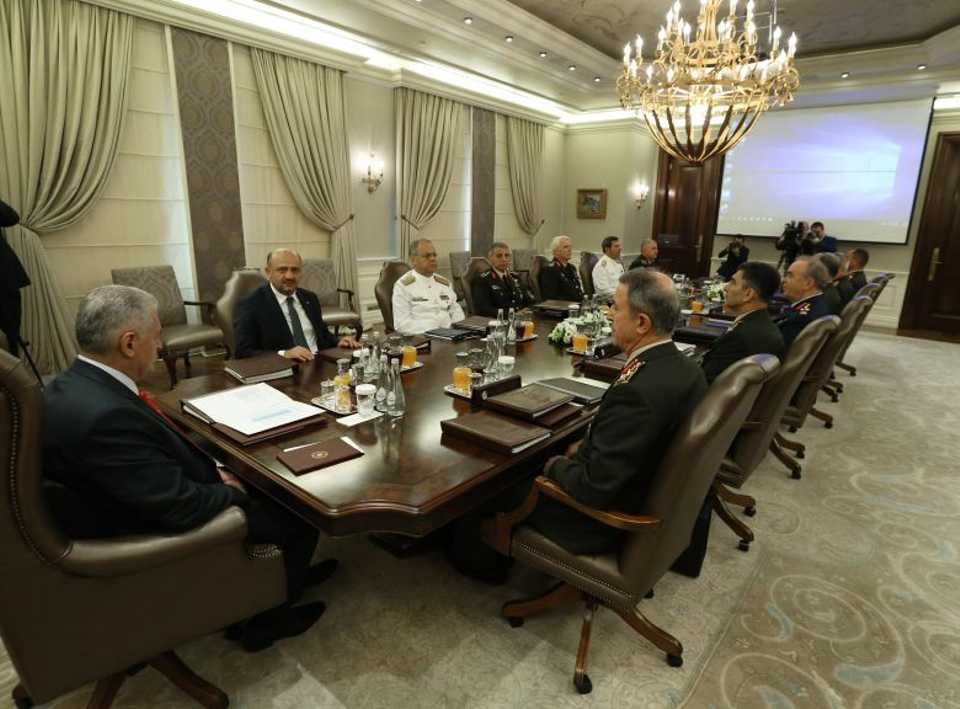
The Supreme Military Council decided on personnel changes needed after the coup, with lower-ranking officers expected to be fast-tracked to fill the gaps in the top positions.
Before the crucial meeting, the Turkish government decided to change the command structure of the coast guard and gendarmerie, which will now be directly tied to the interior ministry.
Energy Minister Berat Albayrak, who is President Recep Tayyip Erdogan’s son-in-law, told reporters US-based Turkish preacher Fetullah Gulen supporters had successfully infiltrated the armed forces and authorities had been planning to purge them ahead of the coup. “Especially at the level of general, the problem is high. Quantity wise, the problem is low,” he said.
Gulen has denied that he was behind the coup and urged the United States not to extradite him to Ankara.
The purge
The gathering comes a day after the government dramatically stepped up its post-coup purge, announcing mass military dismissals and closing down dozens of media outlets.
At least 87 land army generals, 30 air force generals, and 32 admirals – a total of 149 – were dishonourably discharged over their complicity in the July 15 putsch bid, said a Turkish official, confirming a government statement.

In addition, 1,099 officers and 436 junior officers have also received a dishonourable discharge, the decree added. That means a total of 1,684 military officers have been dismissed from Turkish Armed Forces.
The military has insisted only a tiny proportion of the total armed forces – which number around three quarters of a million, the second-largest in NATO after the United States – took part in the attempted coup. But 178 generals have been detained, with 151 of them already remanded in custody; around half of the 358 generals serving in Turkey.
The General Staff also said 35 planes, including 24 fighter jets, 37 helicopters, 74 tanks and three ships had been used by the coup plotters, NTV reported. It put the number of soldiers from the Gulenist network involved in the attempted putsch at 8,651, or about 1.5 per cent of the armed forces.
The events of July 15 led to the deaths of at least 246 people; more than 2,000 injured.
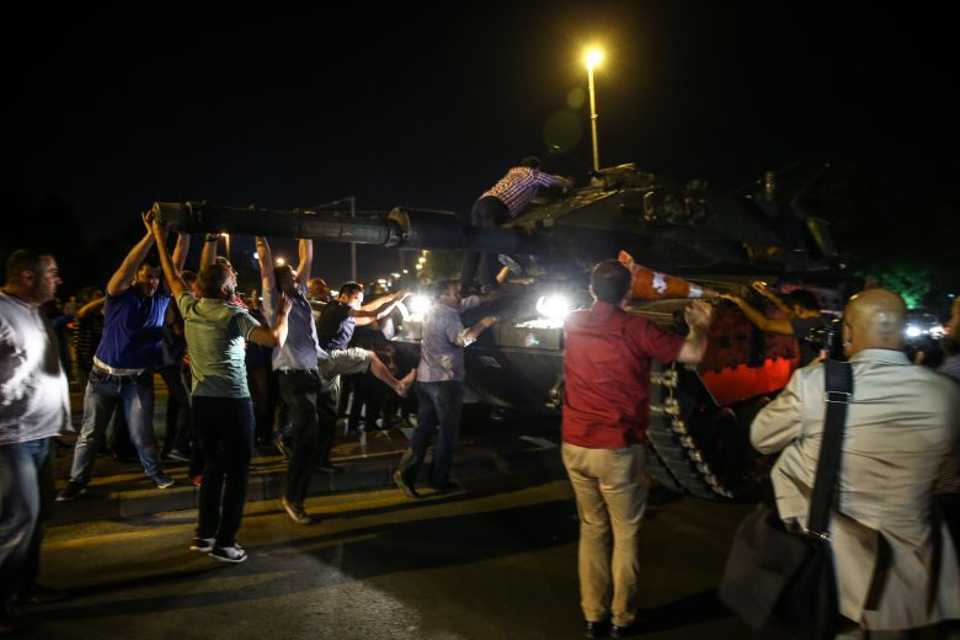
Erdogan’s fight with Gulenists
President Recep Tayyip Erdogan, who responded to the attempt to overthrow the government by calling his supporters to the streets, has blamed the failed coup on Gulen.
The Gulen Movement, which is led by the US-based cleric, is accused by the Turkish government of establishing a “parallel state,” through a network of followers who allegedly infiltrated the judiciary, police force, army, and other state agencies to control these institutions.
An alleged secret circle within the Gulen Movement was also determined a national security threat for Turkey by the National Security Council last year.
Following the coup attempt, authorities launched a relentless campaign to eradicate Gulen’s influence from Turkish institutions.
The clampdown led to the detention of over 16,000 people, according to the interior minister. Of those, more than 8,000 were formally arrested pending trial.
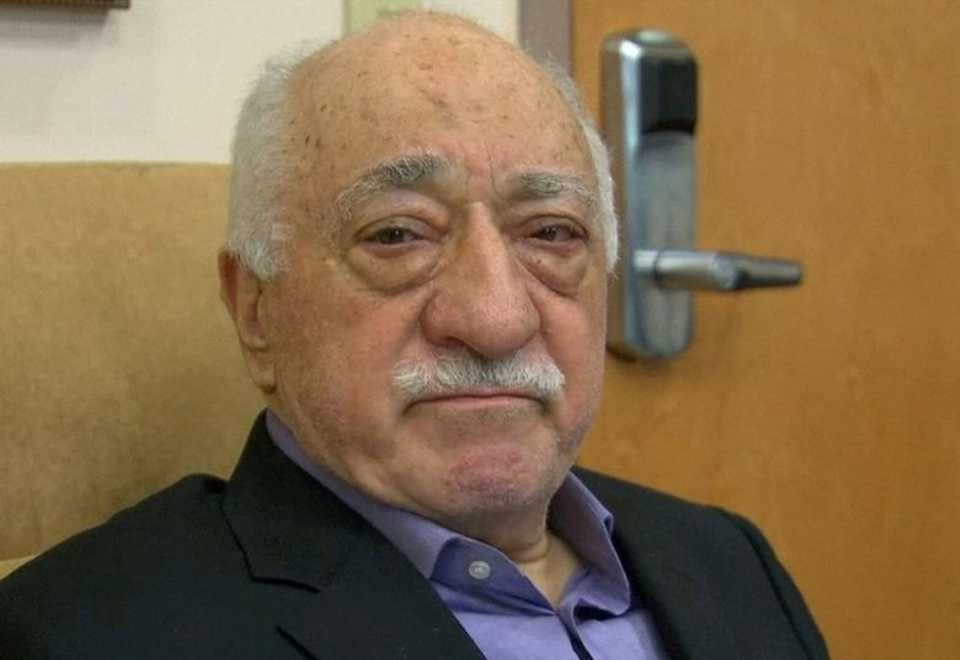
Media closures
The Turkish government has decided to close a number of media outlets accused of having ties to Gulen.
On Wednesday, three news agencies, 16 television stations, 23 radio stations, 45 newspapers, 15 magazines and 29 publishers, were ordered to shut down, according to an official statement.
It did not give the names of the media outlets to be closed, but according to a list obtained by the CNN-Turk, they include mainly provincial titles as well as some national media outlets including Cihan news agency and the daily newspaper Taraf.
Also to be shut are the Zaman newspaper and its Today’s Zaman English language sister publication which, like Cihan, were part of a holding linked to Gulen until being put into state administration earlier this year.
Authorities handed out arrest warrants for 42 journalists earlier this week and on Wednesday issued another 47 for former staff of Zaman newspaper.
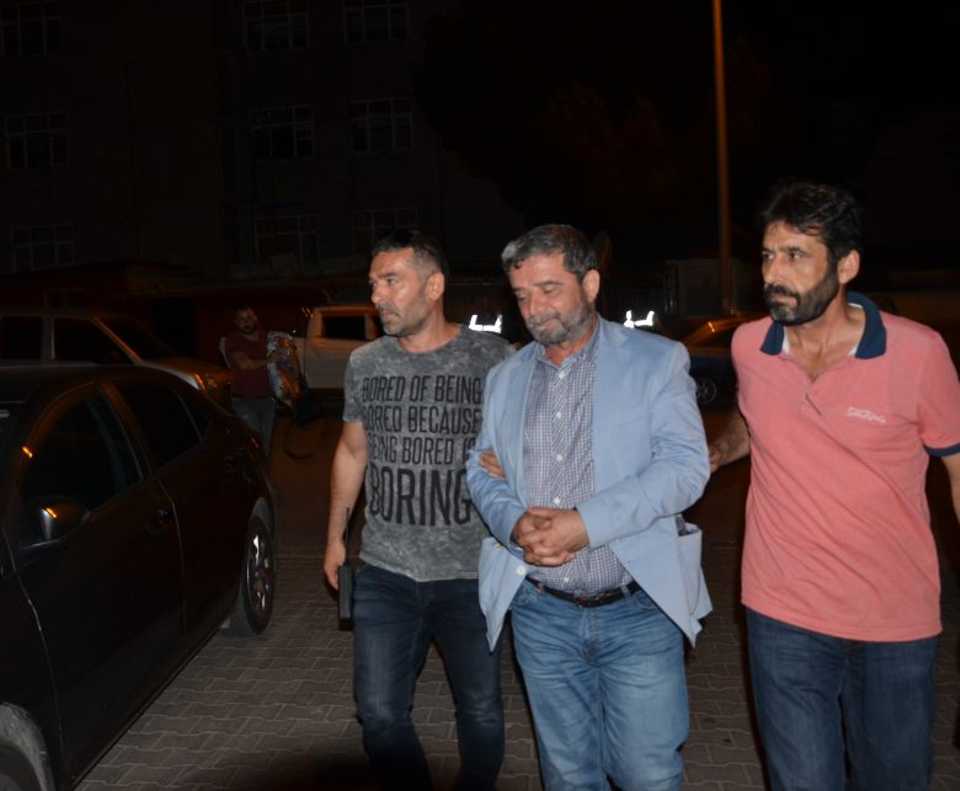
Turkey has insisted all suspects will be given a fair hearing and an official said on Wednesday almost 3,000 suspects have been released after being detained.
Some 50,000 state employees have also been suspended or fired since July 15, mostly in the education sector.

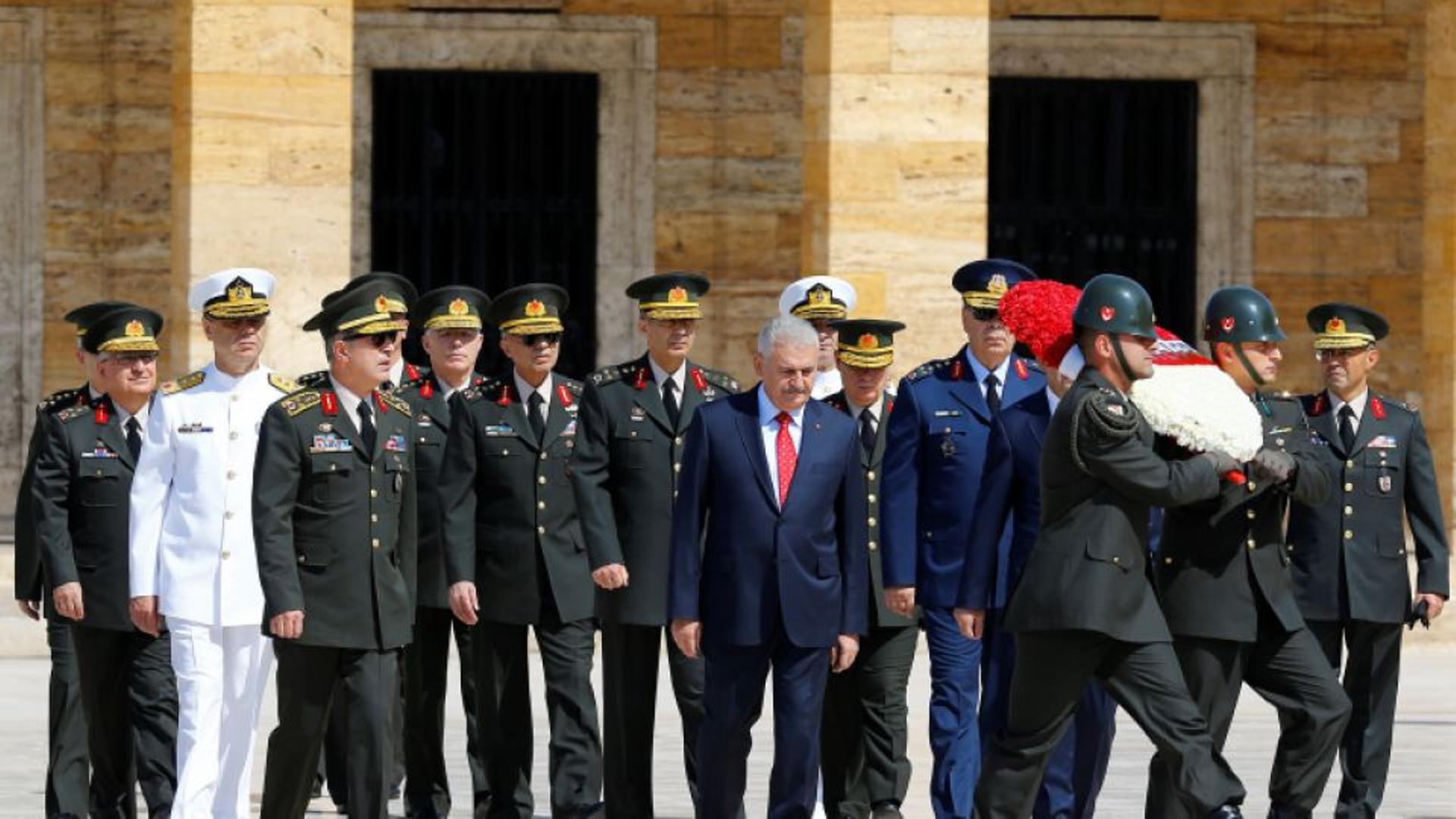








Discussion about this post